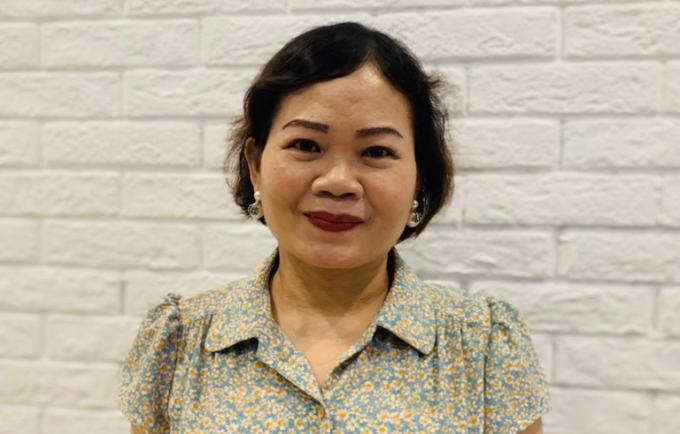News
“There are people willing to listen”: How census takers go above and beyond to count people as they are
- 10 July 2024
News
LA PAZ, Bolivia; CHIȘINĂU, The Republic of Moldova; Ho Chi Minh City, Viet Nam – It was 8:30 a.m. on 23 March, 2024, the day 860,000 volunteers would carry out Bolivia’s national census. In the Río Seco area of the nation’s capital, La Paz, no one was out and about – everyone had been told to stay home and be counted.
That is, until Alejandra Alarcón Soliz, a census supervisor in the area, saw a woman approaching. “Considering the restrictions, I told her she could not walk down the street because it was prohibited,” Ms. Alarcón Soliz said.
But she had a very good reason for breaking the rules: Her daughter was about to give birth. “I immediately went with the woman to her house, and while we were on the way, I called to request an ambulance to quickly transport her daughter,” she told UNFPA, the United Nations sexual and reproductive health agency.
The job of a census surveyor – counting people – sounds simple, but it can be an incredibly complicated process. Data collectors must at times transform into tech troubleshooters, confidantes and teachers, responsible for educating and building trust among their communities. Learn more about how they go above and beyond below.
A digital dive in the Republic of Moldova
![A woman holding a tablet interviews another woman.]](/sites/default/files/inline-images/In-story_photo_1%20WPD%20census%20story.png)
Raisa Pușcașu once dreamed of working for the Moldovan census. “I remember as a child how the census takers used to come [to our] home and I used to imagine myself in their role years later,” the 35-year-old from Chișinău told UNFPA.
That vision became a reality this year, as Ms. Pușcașu trained as an enumerator for the country’s census. In doing so, she took on a task that modern tools made easier than ever before. Rather than write answers down on paper, census takers now use tablets; nearly 3,000 were provided by UNFPA and the European Union to the National Bureau of Statistics. “It takes a lot less time,” she said. “It’s much more convenient.”
Other parts of the job, however, are less easy – especially when the people Ms. Pușcașu is meant to interview refuse to answer the door. Sometimes she is forced to return to the same home multiple times to count everyone.
“There are a lot of people who have fears, who are totally misinformed,” she said. “We try to explain the purpose of the census, and most of the time we manage to reach a consensus and get them registered.”
Most are happy to be counted – like the Moldovan President, Maia Sandu. “I had the honour to meet and ‘count’ her; she was very open and receptive,” Ms. Pușcașu said.
Lending an ear and warming a heart in Viet Nam

Vu Thi Xuan was an enumerator for two studies between 2010 and 2019 on the prevalence of violence against women in Viet Nam. Before the first survey, she had been trained on ways to encourage interviewees to open up and discuss a subject often deemed taboo. Her conversations with women took place in safe, public locations, and tech tools such as tablets enabled respondents to answer sensitive questions – such as those related to childhood sexual abuse – without saying a word.
Many women opened up to Ms. Xuan about things they had never shared with anyone else. “A 17-year-old girl had been sexually abused by her father,” she told UNFPA in 2021. “She burst into tears when she told me her story. She had suffered alone without daring to tell anyone.”
Nearly two-thirds of women in Viet Nam report having faced gender-based violence by an intimate partner. Before the survey, half had never spoken out about the violence and more than nine in ten did not seek official help.
But after women shared their stories, enumerators like Ms. Xuan were able to offer more than solidarity, as they had been trained to provide survivors with a list of free and locally available support services and emergency hotlines. “When I gave her the list, she felt comforted that there were people willing to listen and support her whenever needed,” Ms. Xuan said. “She did not want the conversation to end.”
“I did my part”
Back in Bolivia, Ms. Alarcón Soliz’s quick action ensured the woman’s daughter was transported to a health centre; her grandchild was born at 1:45 p.m. on census day. Both mother and baby were fine.
Meanwhile, Ms. Alarcón Solizfelt happy to have been able to help a fellow mother and family. Said the single parent-of-two: “I did my part so that a mother could give birth under conditions that ensured her safety.”